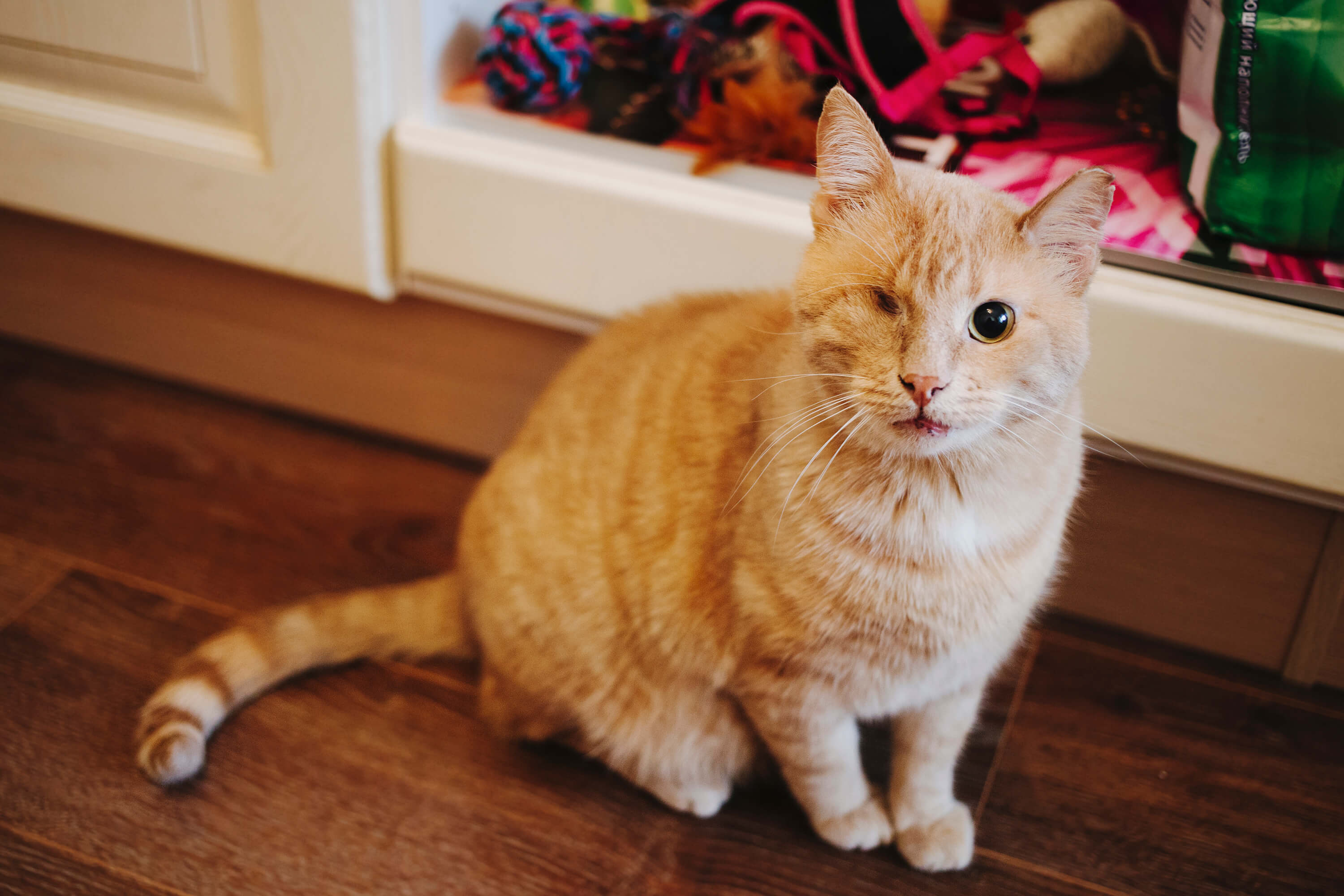
How Rescue Organizations Give Special Needs Pets a Second Chance
Imagine traversing the rows of kennels at your local pet shelter. They’re filled with lovable fur babies all vying for a chance to come home with you. You stumble across an adorable one-eyed kitty staring cautiously from the back of their kennel. It’s clear the cat has been there for years, overlooked by others who shied away from the disability and resulting commitment.
This scenario plays out in pet shelters around the world. Animals with special needs are often dismissed as “less adoptable” because prospective owners believe they’re too high maintenance and can’t offer the same amount of love as an able-bodied pet. What these owners don’t recognize is that special needs pets can do almost everything an able-bodied pet can do, often while offering more love than you can imagine!
Here’s an inside look at how rescue organizations set up special needs pets for success and why future pet owners should consider giving these unique fur babies a forever home.
Rescues nurse animals back to health
The cats and dogs at rescue organizations typically come from abusive homes or off the streets. Many are afflicted with infections and injuries, some of which require the amputation of a limb. Other pets wind up at rescues because previous owners were incapable or unwilling to take care of the animal’s lifelong medical condition.
Rescue organizations save thousands of lives every single day. They welcome sick and disabled pets with open arms, giving them a chance to live the happy life they deserve. Volunteers clean wounds and administer medications until the animals are restored to full health. They seek proper treatment for chronic conditions and conduct physical therapy to rebuild strength. Disabled pets need help, and rescues are there to provide it.
Rescues provide the tools for success
The ultimate goal of rescue organizations is to place special needs pets in loving, supportive homes. Volunteers go above and beyond to supply the necessary resources so pets continue to thrive upon leaving the shelter. For example, dogs with one or more paralyzed legs might receive a custom-fit wheelchair to increase mobility. Blind or deaf dogs learn basic commands through alternative means, like gentle vibrating collars or more emphasis on body language.
Many rescues also employ foster-to-adopt programs. The pet will spend a few weeks at the prospective owner’s home to gauge how well the animal and family live together. During this time, the rescue organization will take note of the owner’s ability to provide support for the special needs pet through finances and adapting the home environment. If the person and pet make a great match, they become the proud owner of a special needs pet!

Factors to consider before adoption
Special needs pets should be treated no differently than their able-bodied counterparts. However, they do require a little extra time and patience. Prospective owners should ask themselves whether they can spend enough hours at home tending to the pet’s disability. Special needs pets move through life in their own unique ways, which can take some getting used to.
Pet parents should also be honest with themselves and the rescue organization about whether they’re able to provide enough financial support. Special needs pets might require medication, surgery, physical therapy and more vet appointments than the average dog or cat. If these services exceed your budget, the best thing you can do to help is leave the animal for a home that’s better able to accommodate their needs.
Think about your current living situation and whether you can make it accessible for the pet. Animals with limited mobility rely on ramps to get on couches, and blind companions need gates around stairwells and pools to avoid injury. Volunteers at the rescue organization will instruct you on how to prep your home prior to adoption.
The joys of a special needs pet
A special needs pet will be forever grateful that they got to come home with you. They recognize you’re the one who will tend to their needs, and they’ll shower you with love because of it! Owners of special needs pets also enjoy a never-ending sense of pride for giving the animal a second chance at life.
Pets with disabilities teach us how to accept people who are different than us. Owners get to witness first-hand the daily challenges of living with special needs and the incredible resilience these animals have developed throughout their lives. As a result, you’ll acquire a whole new level of compassion that you can extend to other humans and pets in need.
Cats and dogs with special needs are just like any other pet, the only difference being that these lovable creatures approach life in new and creative ways. They deserve your love and will return it tenfold. Find a rescue organization near you and discover your perfect match!


